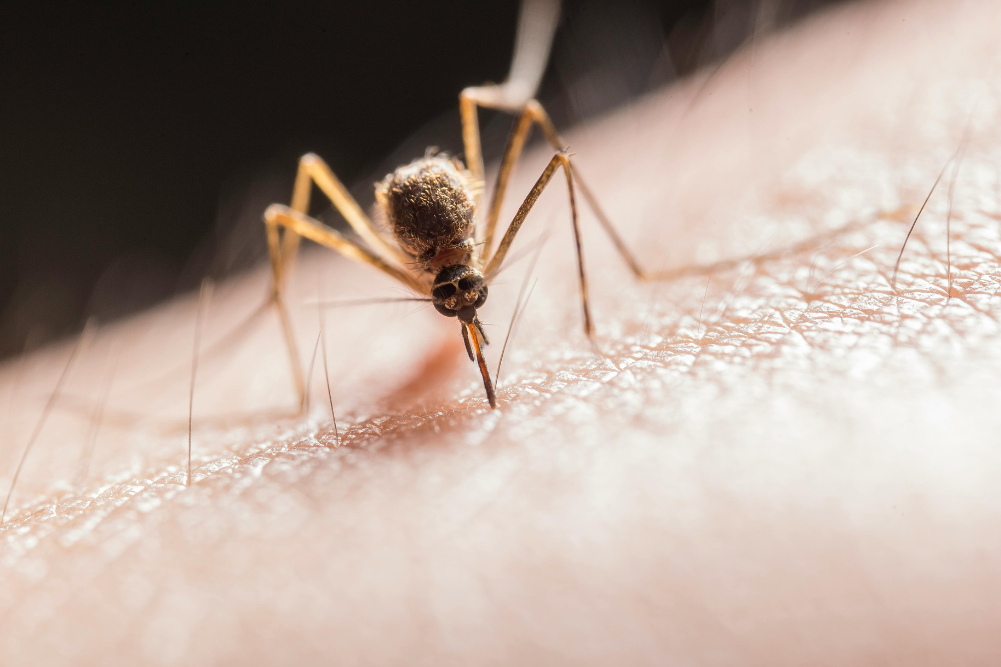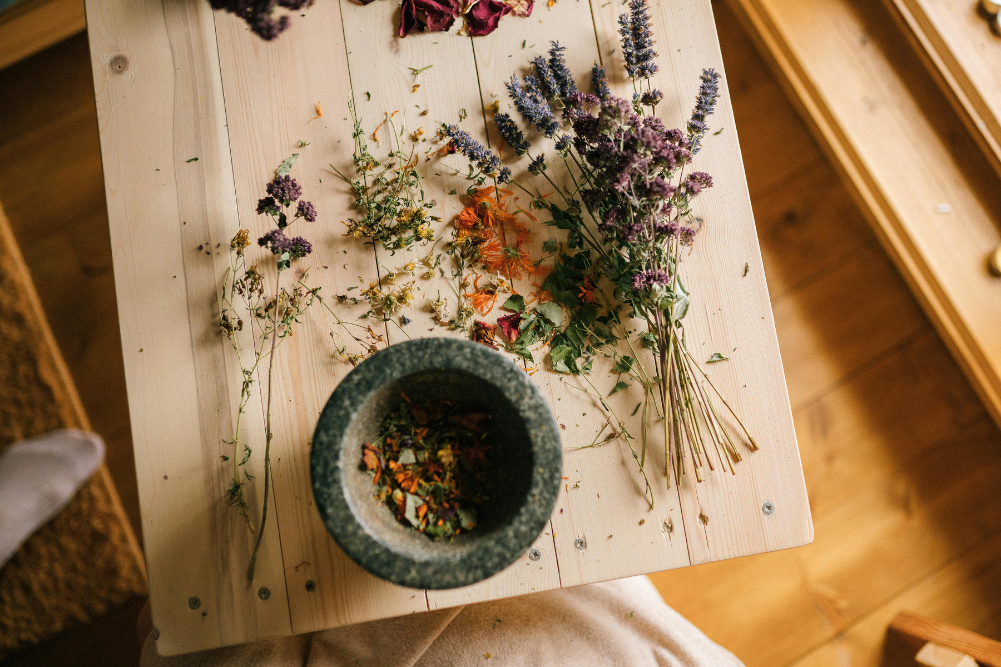A traveller’s guide to dengue fever
Dengue fever is a serious (potentially life-threatening) viral, mosquito-borne illness that medicine today has little to offer for treatment, apart from symptom relief. A vaccine exists, but due to its potential side effects and toxicity, clinicians in Australia must comply with a list of clinical criteria before considering it.
A healthy and fit 51-year-old woman consulted me before visiting dengue-endemic Southeast Asia, where 40% of the population was infected at the time. Her lack of prior infection gave her an advantage.
Aedes aegypti mosquitoes spread dengue fever, and they also transmit several other viruses, including Zika, Chikungunya, and yellow fever. Dengue fever is not contagious by human-to-human contact, as its transmission is reliant on the mosquito vector.
Prevention Strategies to Reduce Risk
We initially discussed various aspects of prevention, focusing on reducing the risk of mosquito bites. These mosquitoes thrive in densely populated areas with poor water, waste management, and sanitation. Human buildings provide protection and a food source—humans—attracting mosquitoes. The chemical scents secreted by the human body draw them in. Stagnant water serves as their breeding ground, and they remain active both during the day and at dawn and dusk.
Personal protective measures are therefore critical. Wearing loose, light-coloured clothing that covers the whole body — reducing skin exposure — and utilising an effective mosquito repellent is important. Lemon eucalyptus spray is less toxic to the person than pharmaceutical repellents containing the chemical DEET (research indicates it is generally as effective). Spraying clothing is also effective. A non-toxic mosquito-repellent bracelet can also help repel mosquitoes.
Research shows that using coconut oil daily as a moisturizer can help deter Aedes aegypti mosquitoes by masking the human scent. I recommended mixing essential oils like neem, clove, and lemongrass with coconut oil for topical application. Burning these oils in rooms with citronella may also help.
Indoors should be mosquito-proof. Using a mosquito net preferably also sprayed with a repellent (lemon eucalyptus) was suggested. She could also purchase insecticide-treated mosquito nets. Well-screened and air-conditioned rooms are safer.
Supplementation and Herbal Remedies for Dengue Fever Protection
Thiamine (vitamin B1) acts as an old remedy to repel mosquitoes and other insects.
Research suggests it alters the human scent, making it less attractive to mosquitoes. The standard dose includes 100mg of B1 with a high-dose activated multi-B vitamin, taken daily for a few days before departure and throughout the travel (about a month in this patient’s case).
Certain foods help prevent viral damage and increase platelets. The dengue fever virus can cause severe bleeding and trigger a sudden drop in blood pressure by lowering platelet and white cell counts. Foods that will help increase platelets are (primarily) papaya leaf — which is more effective as a juice rather than the fruit — pomegranate, beetroot, spinach, aloe vera juice, vitamin C-rich foods (citrus, kiwi fruit, capsicums) and fenugreek seeds (as tea) consumed daily. Curries containing turmeric and fenugreek were recommended, along with ensuring hydration by drinking filtered or fresh coconut water.
Glucosamine and chondroitin sulphate were recommended as these have been shown to reduce vital entry into the cells. These supplements are also taken to reduce inflammation of arthritis, so they have multiple applications. Quercetin also reduces the inflammation associated with the dengue virus, and zinc and vitamin C are important antivirals.
There is also some interesting research on several herbal medicines that strengthen various pathways that reduce the risk of dengue fever infection. They work by inhibiting viral entry by blocking receptors, inhibiting viral maturation, reducing the inflammatory response to the virus, maintaining platelet levels and blood profiles and supporting the immune system and liver.
Herbal Prescriptions and Successful Outcomes
The research led to a prescription for a herbal mixture that included baical skullcap, cat’s claw, houttuynia, euphorbia, holy basil, schisandra, and pawpaw leaf extracts. She took the herbal mixture three times a day. The prescription also included a herbal tablet with andrographis and olive leaf. Additionally, she continued the program for three weeks after returning home, as dengue fever symptoms may take two to three weeks to manifest after infection.
Although the program seemed extensive, she felt pleased, recognizing the significant risk and need for thorough precautions. Several weeks later, she called with good news, expressing her impressiveness. She typically attracts mosquitoes, but this time, they only bit her three times, which she treated with clove oil, while others nearby endured many more bites. Therefore, she also felt extremely well with no health issues since starting the program, calling it a great success.








